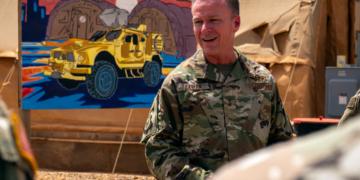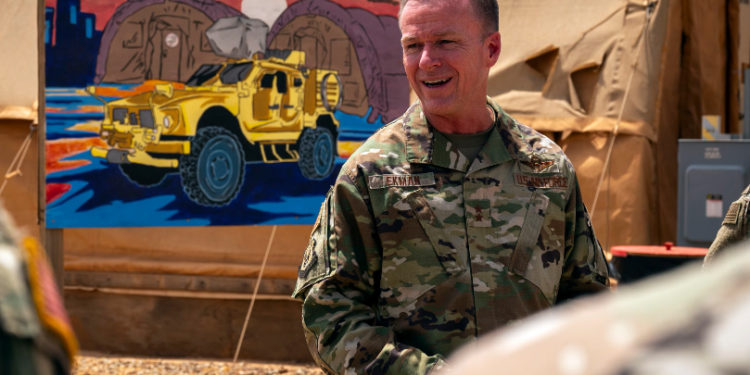By Ebi Kesiena
The United States will vacate its second and final base in Niger on Monday, nearly completing a months-long withdrawal from a country that was once a crucial ally in the fight against terrorism, two American defense officials confirmed.
One official emphasized that this does not signify a complete exit. Air Base 201 is the last US military site in Niger, following the departure from Air Base 101 in the capital, Niamey, this past July.
The announcement comes after a group of US officials visited in March, shortly before a Nigerien military spokesperson declared on national television that the government was ending its counterterrorism agreement with the US.
The decision caught Washington by surprise, prompting weeks of negotiations. By May, the US agreed to terminate its military presence, setting a deadline of September 15.
This decision carries significant military and financial costs. The US had invested over $100 million in constructing Air Base 201, which was completed only five years ago. The 1,000 American troops stationed in Niger played a vital role in combating terrorism in the region, conducting operations, and training Nigerien forces.
The partnership began to deteriorate last summer when Niger’s military overthrew the government and established a ruling junta. The US took months to officially label it a “coup,” a designation that limits American aid and military activities.
In an effort to mend relations, a US delegation visited in March. However, the Nigerien spokesperson stated that the government felt pressured about various American concerns, including Niger’s relationships with Iran and Russia.
Many analysts in Washington warn that the US is losing influence on the continent to rivals like Russia and China, who are less constrained by human rights and democratic concerns.
A senior Pentagon official, speaking to Defense News in July, challenged this view. “This isn’t a case where [Niger has] chosen Russia over us,” the official said. “They are equally skeptical of all external actors”.
Russian forces ended up sharing a base with American troops in the capital this year, though they remained distant and did not interact, the official noted.
The last few years have seen a series of coups in West Africa, with many new governments, including Niger’s, resisting external influence. They have opted not to cooperate with the Economic Community of West African States (ECOWAS), a regional bloc, and many have severed ties with France, a long-time counterinsurgency partner burdened by its colonial history.
For the US, losing access to Niger complicates its efforts in combating terrorism, a top priority in the nation’s defense strategy.




































